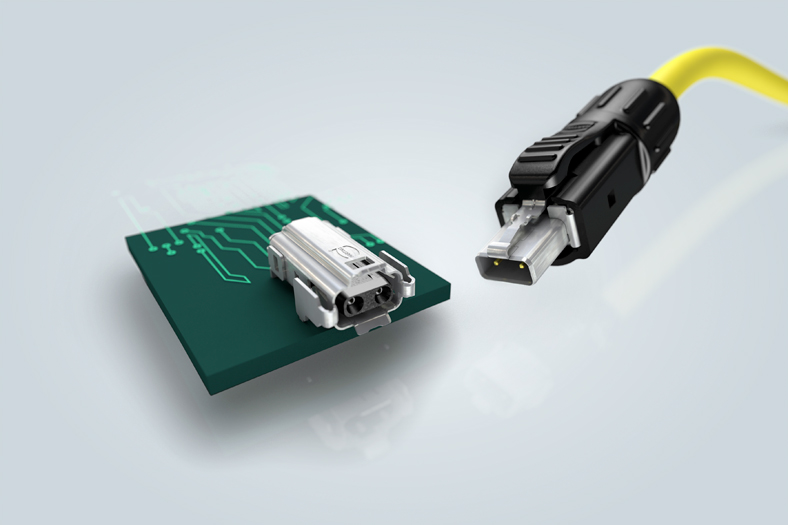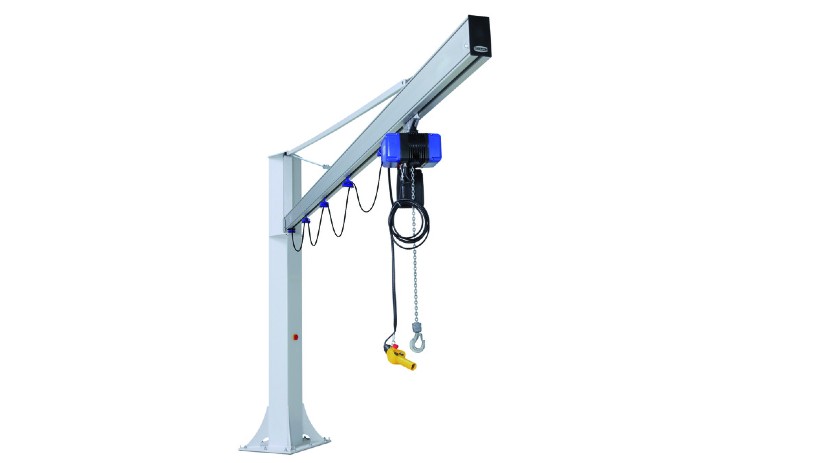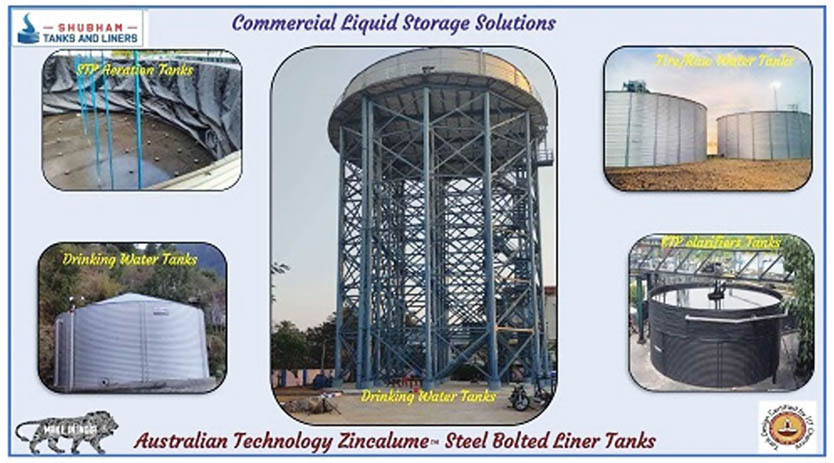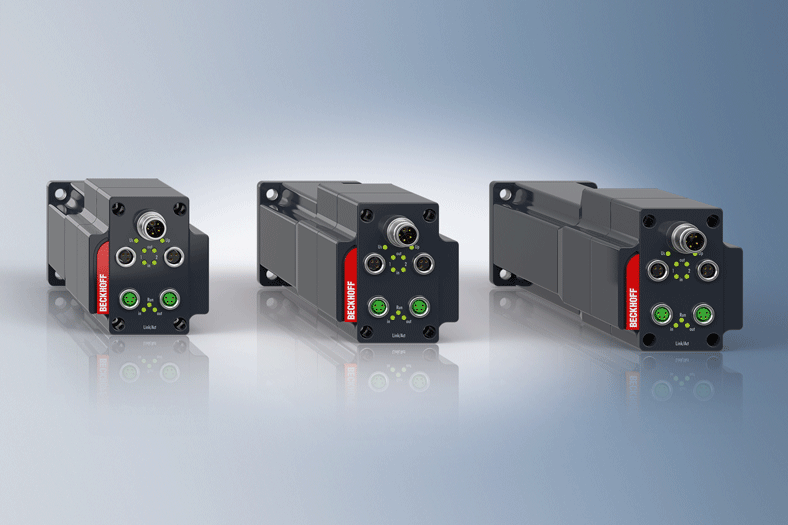Standard industrial interface for Single Pair Ethernet by HARTING
February 12, 2020 2:44 pm
IEC standards committee SC 48B for connection technology publishes IEC 63171-6, thus establishing the standard interface for industrial SPE applications and providing users with investment security. Investment security for users / Now freely available / SPE Industrial Partner Network stands united behind IEC 63171-6.On January 23, 2020, the international standard for Single Pair Ethernet interfaces in industrialapplications was published with IEC 63171-6.
The editor is the IEC committee SC 48B copper connectors. The mating face standard, IEC 63171-6 T1 Industrial Style, was the first standard submitted by HARTING to SC 48B for a Single Pair Ethernet mating face as early as 2016. “This early initiative is now paying off, and the 2020 users finally have a reliable investment for future-proof IIoT networks, based on Single Pair Ethernet”, explains Ralf Klein, Managing Director, HARTING Electronics.
IEC 63171-6 (Industrial Style) is a complete standard document with all necessary specifications and test sequences, which is incorporated into current SPE cabling standards of the ISO/IEC 11801-x series of standards for structured cabling. The implementation of SPE in the ISO/IEC 11801 documents is very important because only inthis standard, the cabling channels are described with all necessary parameters (length,number of connections, bandwidth and the complete set of transmission parameters including NEXT, FEXT, shielding properties etc.) with relation to the environment – MICE and can therefore be metrologically verified after installation. This connection of component standards for connectors and cables provides all users of SPE with clear guidelines for the construction and testing of appropriate transmission links.
The use of cabling components other than those described in ISO/IEC 11801-3 And.1,for example, is possible in principle,but then they no longer conform to the standard and carry the risk of incompatibility and loss of function. For this reason,ISO/IEC JTC 1/SC 25/WG 3 and TIA TR-42 launched international selection processes at the beginning of 2018 to define uniform interfaces.These two selection processes were co-initiated by IEEE 802.3, which requested a recommendation for a SPE Media Depended Interface (MDI) from ISO/IEC and TIA. More than 20 national expert committees participated in this selection process.As a result of this selection process, a mating face for industrialapplications has become generally accepted:
For industrial and industry-related applications (M2I2C2E2 and M3I3C3E3) the mating face according to IEC 63171-6, which is based on the proposal of HARTING T1 Industrial.The selection process for TIA TR-42 has confirmed the results of ISO/IEC; there is thus a high level of global agreement on the SPE interfaces.These selected mating faces will now be incorporated into the respective international cabling standards. IEEE802.3 has also defined this SPE interface in the IEEE802.3cg as a recommended Media Dependent Interface (MDI).
Consistent standardisation pays off. With IEC 63171-6,the last building block for a consistently standardised SPE infrastructure has now been set. IEC 63171-6,IEEE 802.3cg, ISO/IEC JTC 1/SC 25/WG 3 and TIA TR-42 stand for the T1 Industrial Style as industrial SPE interface.
The SPE Industrial Partner Network, founded in 2019 and made up of 17 well-known technology leaders to date, is fully committed to the IEC 63171-6 standard and offers the emerging Single Pair Ethernet user group a broad investment basis for IIoT networks based on SPE.
Cookie Consent
We use cookies to personalize your experience. By continuing to visit this website you agree to our Terms & Conditions, Privacy Policy and Cookie Policy.












